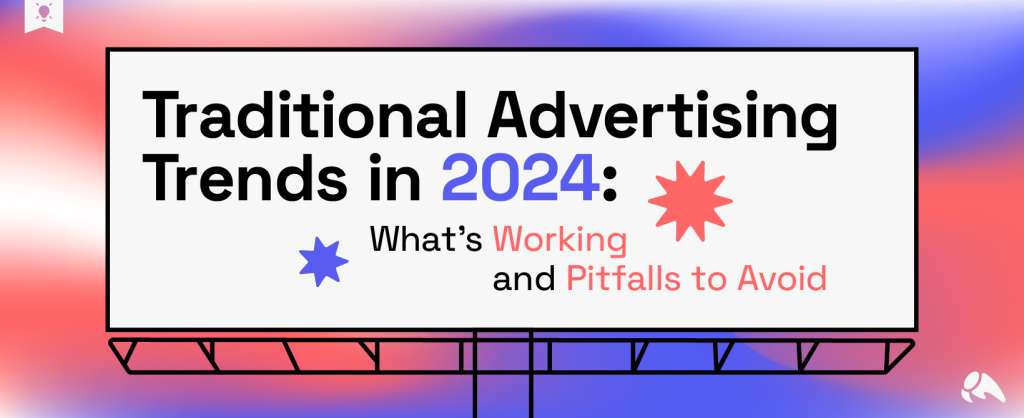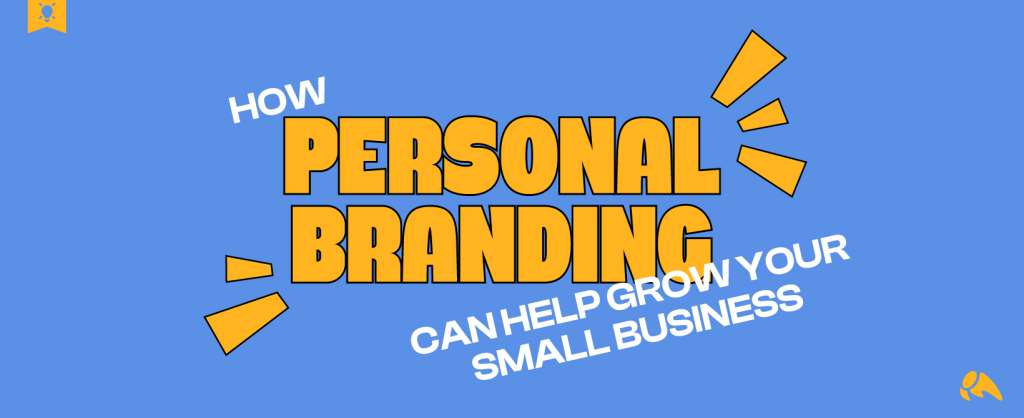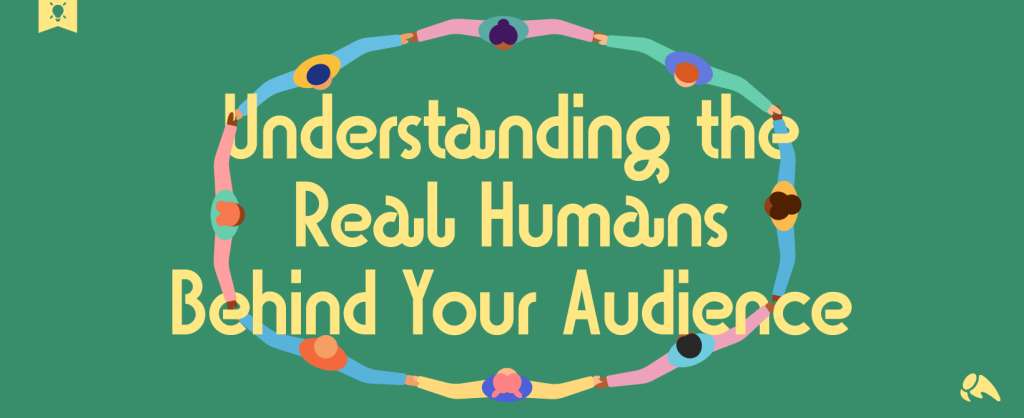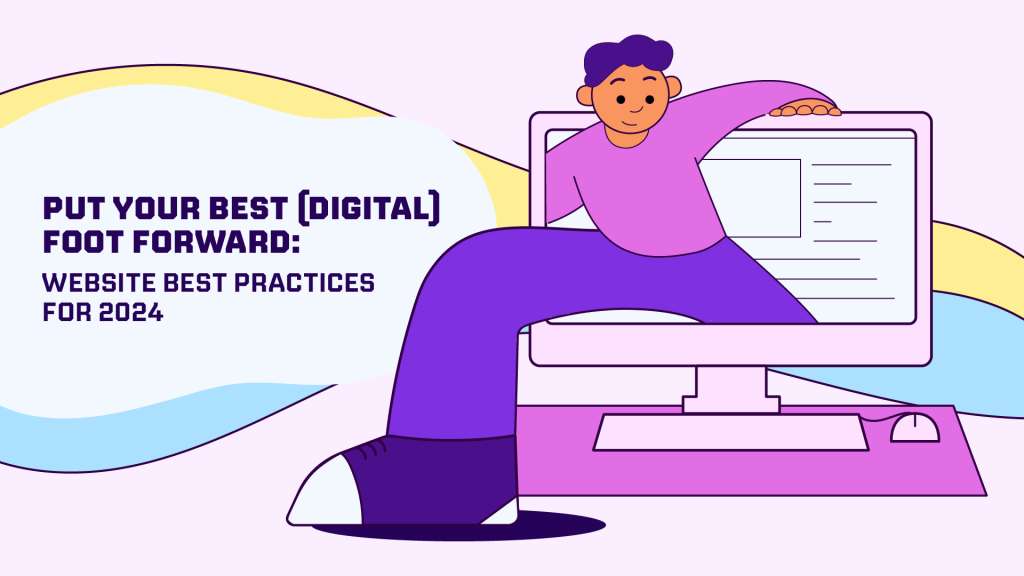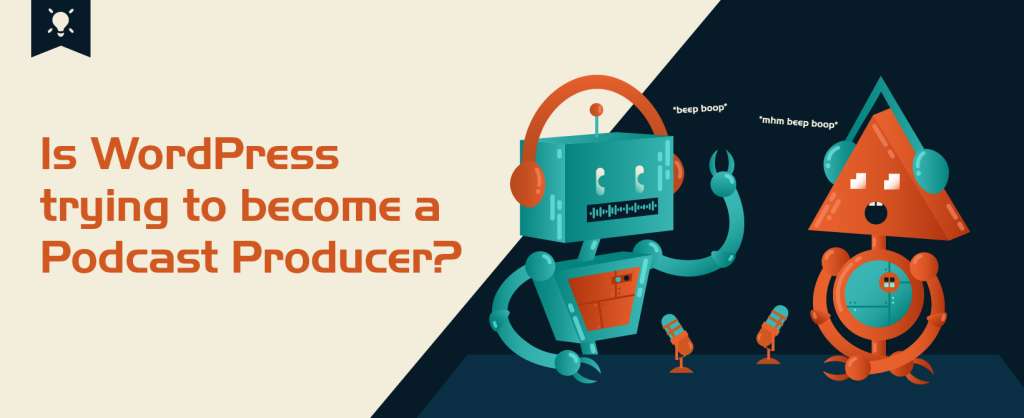
“Content, content, content”
We at Overit often talk about repurposing old content or creating content that can be repurposed and promoted in multiple ways. This helps you essentially get more bang for your buck and reach new and different audiences. We think WordPress and Spotify/Anchor were on the same wavelength when they recently announced their new tool that can automagically convert your blog posts into audio podcasts.
How it works: Anchor will convert the text to audio using either a male or female sounding voice (I haven’t been able to find an example yet, so I can’t say how human-sounding these voices sound), or you can choose to record your voice reading the text. (Fun fact: Don’t like the sound of your own voice? Programs exist that can modulate your voice to sound different, or even sound like Barack Obama.) Anchor then publishes and distributes the podcast across different channels, including Spotify and Apple Podcasts.
The trouble with transcribing
Though it seems like an easy way to repurpose content or perhaps dip your toes into podcasting, the content team at Overit was curious how practical and effective this method would ultimately be. Our Studio Manager and veteran podcast host and producer Adam’s initial response was, “sound in theory, but not so much in practice.”
Adam explained, “As a medium, podcasts tend to be (but not always are) conversational and casual. This leads to authenticity and builds trust and loyalty with the listeners. It’s hard to attain that from either a robotic voice or simply reading word for word a blog post.”
The same thing goes for the inverse – transcribing a spoken word podcast into text. Podcast transcripts are very helpful for deaf/hard of hearing individuals. However, if you’ve read a podcast transcription, you’ve probably noticed it feels weird to read because people don’t speak in perfect grammar. They repeat things, say the wrong word, say “um,” etc.
The technology is also far from perfect. Even well-spoken speech will return errors in the transcription by AI programs, meaning you still need to rely on a real human to review and edit the transcript. If the podcast is conversational, with multiple people talking (and probably talking over each other), it makes it even more difficult. To see an example, check out a YouTube video with auto-generated captions vs. captions that the creator uploaded and edited themselves. One should be easy to follow along with. The other probably has typos and weird punctuation.
Does medium matter?
In grad school, I created a few video projects where I spoke at length about a topic. I wrote out bullet points and then ad-libbed what I wanted to say. When I transcribed it at the end, the grammar was all over the place. Hello, run-on sentences. But that’s okay because the piece was meant to be a video, not an essay.
The medium we’re creating content in does matter. That’s why there’s a difference between creating a :15 social media ad, a :60 broadcast commercial, or a 60-minute in-depth podcast episode. Video, audio, and written mediums all have different goals, purposes, and functions within your funnel. So while having written, audio and video (with captions) versions of all your content is great for accessibility and search engine optimization, it’s not necessarily a content strategy.
To demonstrate what I mean, I’m also going to create this blog post as a video (you can also click the image at the bottom of this post to view). Not just reading every word I’m typing, but instead converting the same information in a casual, conversational way. Tell me which version you prefer 🙂
In defense of Podcasts
Finally, I think it’s odd that WordPress/Anchor calls this practice a “podcast.” As we mentioned before, usually a podcast is a conversation between one person and the audience or two or more people. A blog post isn’t necessarily a conversation. It seems like WordPress is simply trying to capitalize on the popularity of podcasts. Which, of course, there’s nothing wrong with. I just think it’s important for clients to understand the difference between offering your blog post in audio format and creating a podcast. If you wanted to create a podcast on the same topic as a blog post, you could use the blog podcast as a starting point, and then your host/s would have a conversation around that topic.
How do you feel about “auto-turning blog posts into podcasts”? Leave a comment to let us know.
